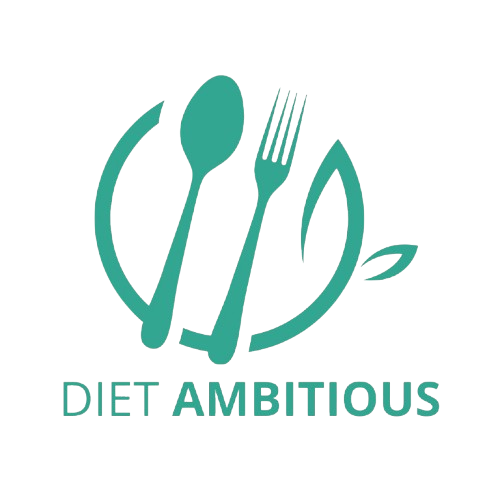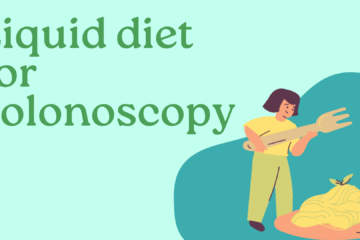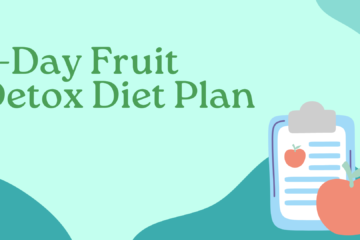Struggling with constipation on a high protein diet? You’re not alone! Discover why it happens and how to prevent it with some practical tips to keep your digestive system running smoothly.
Find out why a high-protein diet can cause constipation and how to avoid and control it with easy dietary and lifestyle modifications.
Learn useful strategies for maintaining digestive health by balancing your food./
Table of Contents
Why Does a High Protein Diet Cause Constipation?
When you ramp up your protein intake, a few things can throw your digestive system out of whack:
- Low Fiber Intake: High protein diets often focus on meat, eggs, and dairy, which are low in fiber. Fiber is essential for keeping your digestive system running smoothly.
- Dehydration: Protein metabolism requires more water, which can leave your stools dry and hard if you’re not drinking enough.
- Imbalanced Diet: Cutting back on carbs and fats to make room for protein can reduce the variety of foods you eat, including fiber-rich fruits, veggies, and whole grains.
How to Prevent Constipation on a High-Protein Diet
The key is to balance your protein intake with other nutrients that support digestion. Here’s how:
1. Up Your Fiber Game
Fiber is your digestive system’s best friend. It adds bulk to your stool and helps it move through your intestines. Aim for 25–30 grams of fiber per day. Here’s how:
- Add Veggies: Broccoli, spinach, Brussels sprouts, and carrots are great options.
- Include Fruits: Berries, apples, and pears are high in fiber and low in sugar.
- Choose Whole Grains: Quinoa, oats, and brown rice are excellent sources of fiber.
2. Stay Hydrated
Water is crucial for digestion, especially on a high protein diet. Aim for at least 8–10 glasses a day. If you’re active or live in a hot climate, you may need even more.
3. Don’t Skip Healthy Fats
Fats help lubricate your digestive system, making it easier for stool to pass. Include sources like:
- Avocados
- Olive oil
- Nuts and seeds
4. Move Your Body
Exercise stimulates your digestive system and helps keep things moving. Even a 20-minute walk can make a big difference.
5. Consider Probiotics
Probiotics support gut health and can help regulate digestion. You can find them in:
- Yogurt
- Kefir
- Fermented foods like sauerkraut and kimchi
Protein Diet Plan
Dive into this 7 day protein diet plan for weight loss that we wrote designed to boost metabolism, curb cravings, and keep you feeling full. But I’m sharing a 3 day high protein diet.
Day 1
Breakfast: Scrambled eggs with spinach and a slice of whole-grain toast.
Snack: Greek yogurt with a handful of berries.
Lunch: Grilled chicken salad with mixed greens, cherry tomatoes, and olive oil dressing.
Snack: A small apple with a tablespoon of almond butter.
Dinner: Baked salmon with quinoa and steamed broccoli.
Day 2
Breakfast: Protein smoothie with almond milk, spinach, banana, and chia seeds.
Snack: A handful of almonds and a few baby carrots.
Lunch: Turkey and avocado wrap in a whole-grain tortilla.
Snack: Cottage cheese with pineapple chunks.
Dinner: Grilled shrimp skewers with zucchini noodles and marinara sauce.
Day 3
Breakfast: Oatmeal topped with a dollop of Greek yogurt and fresh blueberries.
Snack: A boiled egg and a handful of sunflower seeds.
Lunch: Lentil soup with a side of steamed green beans.
Snack: A small pear.
Dinner: Grilled chicken breast with roasted sweet potatoes and asparagus.
Time to See a Doctor
If you’ve tried these tips and are still struggling with constipation, it might be time to consult a healthcare professional. Chronic constipation could be a sign of an underlying issue, such as irritable bowel syndrome (IBS) or a food intolerance.
Conclusion
A high-protein diet doesn’t have to mean a backed-up digestive system. By balancing your protein intake with fiber, hydration, healthy fats, and exercise, you can keep things running smoothly while still enjoying the benefits of a high protein lifestyle.
Remember, your body is unique, so don’t be afraid to experiment and find what works best for you. Here’s to happy muscles and a happy gut!




